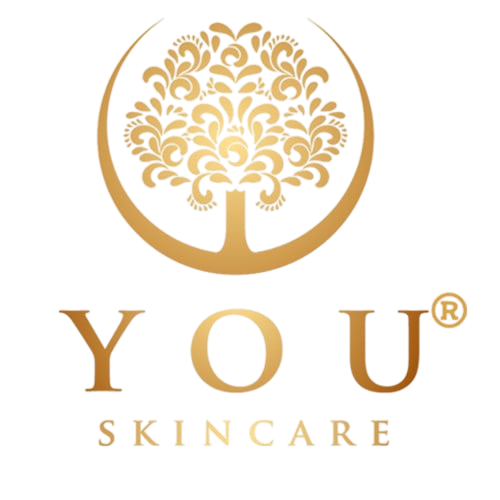July 21, 2020
Transepidermal water loss (TEWL) is the loss of water from the stratum corneum. And it’s one of the major factors responsible for dry, scaly skin and irritant dermatitis.
The stratum corneum receives water from the dermis and some from the environment.
Numerous external factors can cause TEWL.
The water content of the stratum corneum fluctuates with environmental humidity levels. There is accentuation of dry skin with exposure to cold, wind and low humidity.
Other external factors damage the stratum corneum barrier by denaturing keratin protein, removing natural moisturizing factors and interrupting the lipid bilayers. These factors include solvents, detergents, excessive use of water and soap, and other irritating chemicals.
The severity of the damage is dependent on the type and intensity of exposure to these irritating factors.
When the skin is exposed to solvents such as toluene, n-hexane, or carbon tetrachloride, which remove barrier lipids, the TEWL is increased.
It may require repeated and prolonged exposure to an irritant to see the actual damage.
Cleansers are designed to remove unwanted materials from the skin such as dirt, oils, and sebum. However, the use of harsh surfactants damages the skin barrier; increases the skin’s susceptibility to environmental sources of irritation and sensitization; and reduces skin moisture and smoothness.
However, there are a number of surfactants used commercially that are mild to the skin. These include mostly nonionic and amphoteric variants and the anionic variants: highly ethoxylated (at least 5-EO) alkyl sulfates, sulfosuccinates, isethionates, sarcosinates, taurates, alkyl phosphates, and alkyl glutamates. The aggressiveness of charged surfactants can be minimized by reducing the concentration of the surfactant’s monomer species, reducing the charge by incorporating various counterions and/or cosurfactants to form mixed micelles, and introducing ethoxylation. The improved mildness reduces the incidence of barrier damage, which aids in the maintenance of hydrated skin (i.e., nondrying cleansers).
The temperature of the water can increase the irritant capacity of skin cleansers by causing increased absorption of the cleanser with warmer temperatures. There is greater removal of the protective lipids with hotter water.
The end result of prolonged use of water and cleansing agents is alteration of the water-holding capacity of the skin and an increased TEWL. Dry, scaly skin that is less pliable and damaged is the physical result.
There are also endogenous factors that make one more susceptible to damaged skin by external factors. These factors include having active skin disease such as psoriasis, eczema, inherited dry skin conditions (ichthyosis), a previous history of skin diseases (childhood eczema), sensitive skin and/or older age. These endogenous factors may exacerbate dryness of the skin and increase one’s susceptibility to dermatitis.
The exposure to irritants with the resulting transepidermal water loss compromises the barrier function of the stratum corneum and decreases its ability to protect the skin against environmental influences. The harsher the cleansers or solvents, and/or prolonged exposure to irritants, the greater removal of protective lipids, proteins, natural moisturizing factors and water loss. With decreased water capacity, there is also loss of function of the normal enzymes to desquamate the corneocytes. If the water content of the skin is less than 10%, these interacting factors are disturbed and the result is dry, scaly, and less pliable skin.
*Source: Handbook of Cosmetic Science and Technology*
Comments will be approved before showing up.
April 07, 2025
Many of us dream of having bright, radiant skin that glows with health. Skin brightening treatments have become increasingly popular as they help reduce dark spots, even out skin tone, and restore a youthful appearance. Modern skin brightening treatments work by targeting melanin production, removing dead skin cells, and promoting cell turnover to reveal fresher, more luminous skin underneath.
January 28, 2025
Finding the right face mask for sensitive skin can be tricky. Many masks contain strong ingredients that may irritate delicate skin. But don't worry - there are great options out there.
January 27, 2025
Oily skin can be tricky to manage, but hyaluronic acid might be the secret weapon you've been looking for. This powerful skincare ingredient is known for its ability to hydrate and plump the skin. You might think adding moisture to oily skin is counterintuitive, but it's actually quite beneficial.
